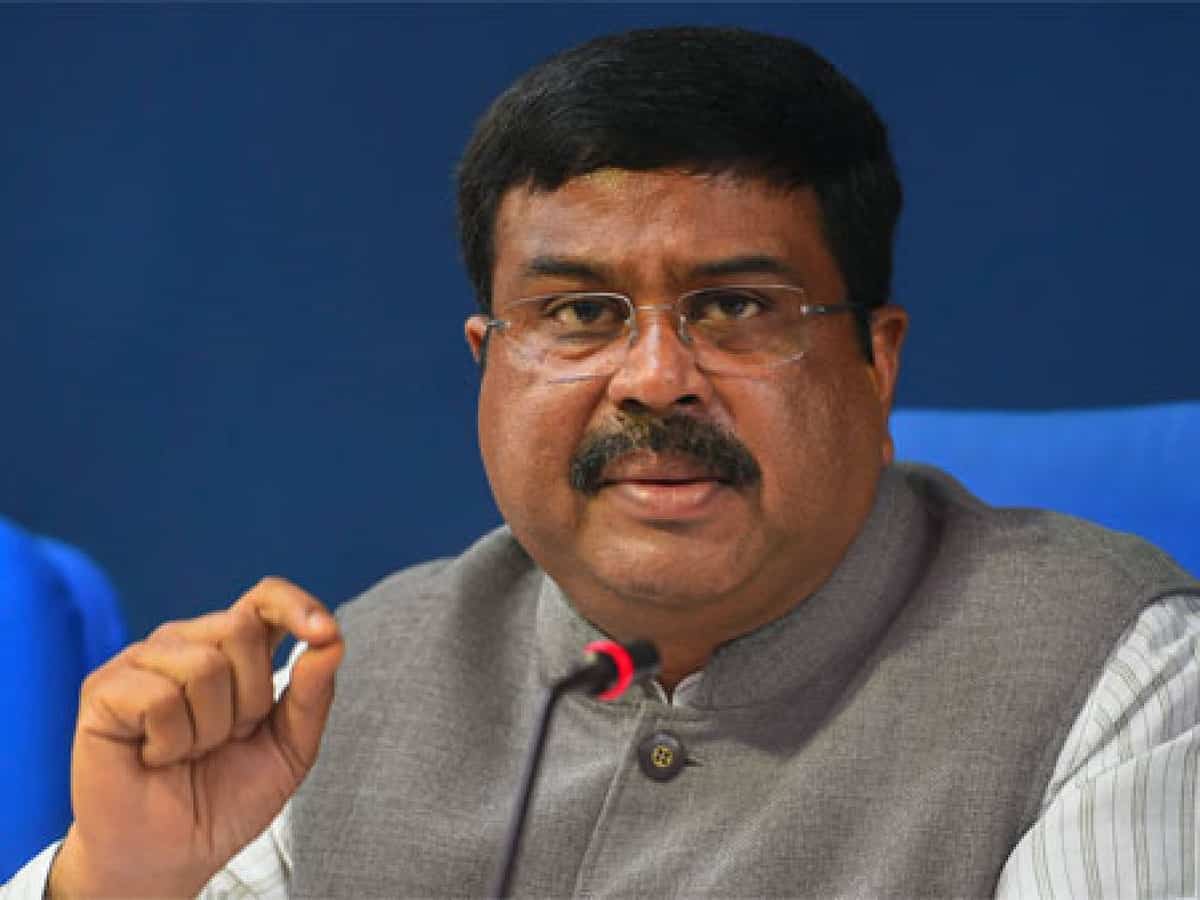
New Delhi: Efforts are on to make new textbooks for Classes 3 to 12 available by the next academic year, which will be aligned with ethos of the Indian knowledge system and 21st century requirements, making them “rooted and futuristic”, Union Education Minister Dharmendra Pradhan said on Wednesday.
He made the remarks while releasing the National Curriculum Framework for School Education (NCF-SE).
The development of the NCF-SE was guided by a vision to align education with the demands of the 21st century and the ethos of the Indian knowledge system, he added.
The Education Minister highlighted the framework’s role in shaping a holistic, contemporary, and India-rooted educational landscape.
“It will transform assessment including exams. Assessment and exams at all levels to be transformed, to enable genuine learning and reduce stress, including the Board exams,” he said.
Under the stewardship of Prof. K Kasturirangan, a Steering Committee was formed to create a curriculum aligned with the National Education Policy 2020. It emphasise the 5+3+3+4 design of schooling. It is Foundational Stage, Preparatory Stage, Middle Stage and Secondary Stage.
According to the Education Ministry, the curriculum is rooted in India and is informed by the wealth of Indian knowledge and thought on education. Contributions to the knowledge in various disciplines by Indians from the ancient to contemporary times have been integrated into the curricular goals of all school subjects.
Art Education, Physical Education and Well-being, Environmental Education, and Vocational Education are reinvigorated under the NCF-SE. Multilingualism, conceptual understanding in Mathematics, and capacities for scientific inquiry also receive renewed attention, the ministry said.
The ministry said that the NCF-SE is designed to enable and help actual change in practise on the ground.Engaging and effective pedagogy. It enables the entire range of age and context appropriate pedagogy, from play-based, activity-based, inquiry-based, dialogue based, and more.
The ministry also said that renewed emphasis on Art, and, Physical Education and well-being. Art Education encompasses both visual arts and performing arts and has equal emphasis on making, thinking about, and appreciating artwork. Physical Education and Well-being gives emphasis to sports, mind-body wellness through practices like Yoga, and ideas on incorporating traditional Indian games and sports into the curriculum.
Responding to the triple challenge of climate change, biodiversity loss, and pollution, Environmental Education is given due emphasis across all stages of schooling under the framework.
The NCF-SE has included specific learning standards, content, pedagogy, and assessments for Vocational Education for all stages of schooling.
